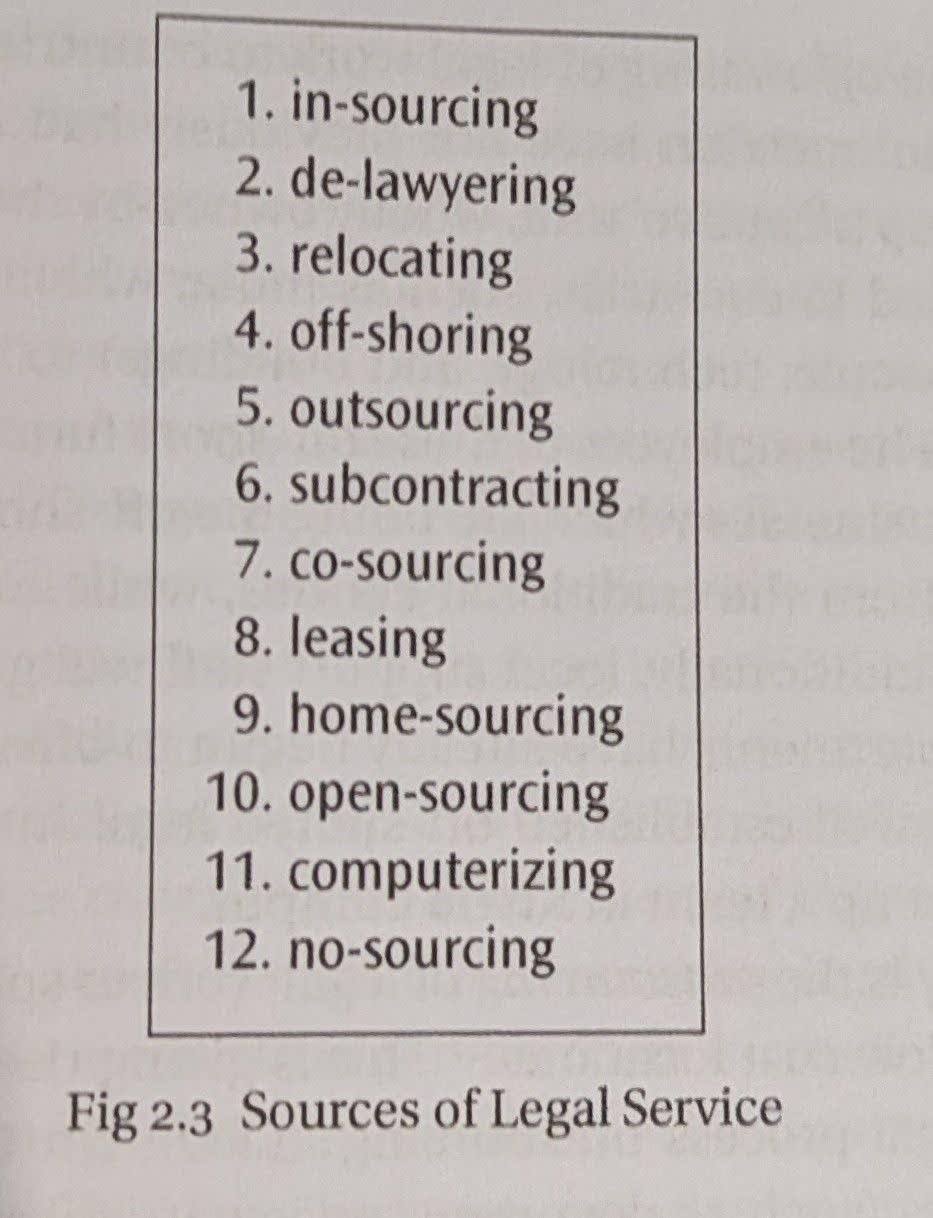When can young lawyers in Singapore move up the value chain?
I sorely wanted my first post of 2023 to be about the Opening of Legal Year speeches in Singapore. I've always been fascinated by these speeches because they provide a useful prism to what are the hopes and anxieties of the legal profession. As such, I wanted to explore using sentiment analysis on the speeches to compute the relative anxiety of... I haven't figured out how to perform that experiment yet though, so that's for another post.
For now, I wanted to highlight an interesting nugget in the Law Society President's speech about offshoring:
What other options are there besides technology? Can we follow the free market? Can law firms “offshore” or outsource some of their legal work to overseas lawyers? This is being explored by some firms. Provided that the legalities are observed, some of the work traditionally performed by junior lawyers, such as research, drafting, and discovery, maybe carried out by foreign lawyers sitting in another country.
As one senior partner observed, if young lawyers prefer to continue with the idea of hybrid working, working from home, and zooming in for meetings, there will not be any real difference between a partner working with a Singaporean associate on a matter, and that same partner working with a lawyer sitting in Kuala Lumpur. Both are trained in the common law, both have access to our legal tools, and in fact the Malaysian might be more senior, and yet cost a fraction of the price of the Singaporean.
So, one can understand the appeal of such an arrangement. It makes economic sense for Singapore firms in the short term, but it won’t benefit the industry in the long term.
I didn't like this part of the speech because it's a diatribe against hybrid working, which has no link to hybrid working.
Law firms, particularly large, global law firms, were already trying to source for cheaper bases to perform some aspects of legal work before the pandemic. Clients should be happy that law firms are doing this because it can bring their bills down. It would be hard for Singapore law firms to compete if they stuck to billing high costs associates on every aspect of legal work.
Here's a little more self-reflection. If clients also found that senior partners of different countries are interchangeable, wouldn't that mean everyone's job is at risk in a race to the bottom?
Somebody might claim that senior partners in Singapore are more charismatic than their counterparts from cheaper countries, so clients prefer them. (This is a joke, by the way)
Here's a different perspective and why I found this nugget fascinating. This sort of outsourcing is harder to achieve than it looks: a senior partner who wants to “right” source some aspect of legal work has to ensure that the quality of the work from the other source is at least good enough for the client. He also has to figure out what extent of the work to outsource and what to keep in-house. As such, the senior partner has to decompose the legal work, which is no mean feat.
It also turns out that there are various ways to outsource. In Richard Susskind's “The End of Lawyers” (pages 46 to 50), Prof Susskind identifies no less than 12 sources of legal services, such as computerising, de-lawyering and even no sourcing. Offshoring makes sense in some scenarios, but it's not the only way.

The skills required to decompose legal work and ensure the quality of service deliverables are vastly different from legal research and drafting, and I am not even sure all senior partners have them. A legal associate in Singapore might be unable to compete on “low” level legal tasks with their counterparts overseas, so it might make sense to acquire a unique skill that will surely be in demand in a globalised and changing profession. It would be more rewarding than trench warfare, at any rate.
Talking about outsourcing to spook young lawyers into exploring new ways of working might be effective. There's a missed opportunity here, but it requires us to think of the legal industry less as a profession and more like a business. Judging by the legal speeches delivered at the Opening of Legal Year, that might be the biggest elephant in the room.
Love.Law.Robots. – A blog by Ang Hou Fu
- Discuss... this Post
- If you found this post useful, or like my work, a tip is always appreciated:
- Follow [this blog on the Fediverse]()
- Contact me:

